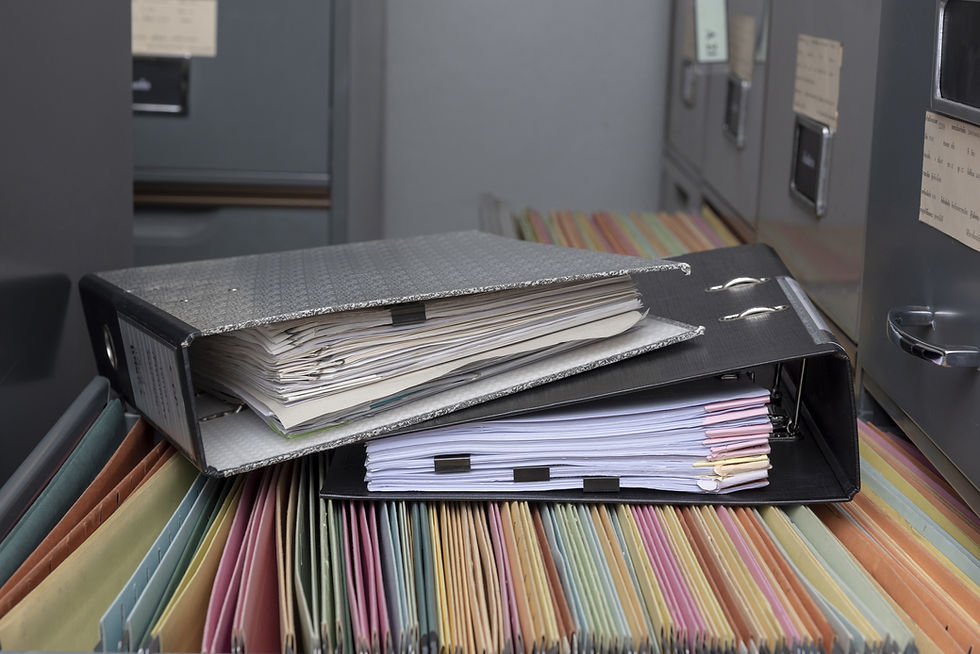Points of Preparation
- CHGR Team
- Dec 7, 2023
- 3 min read
Updated: Apr 19, 2024

There are many areas of self-reliance that are basic to your plan for individual and family preparation. Tackle water storage and filtration first, then move down the list. It may take you up to a year or more to get the basics done. If you get distracted for a time, be kind to yourself and get back to your preparations as soon as you are able.
You will love the progress you make as you make your home and family preparations. A feeling of peace is such a great reward for your efforts. Make sure to learn how to use your equipment and supplies and teach your family members too.
You, your family and loved ones are worth the time and effort you will give to build a self-reliant family and home.
Store enough water for every person in your family to have 1 gal per day for a couple of weeks (if possible), store extra for cleaning and sanitation (invest in a good water filter to stretch your capacity)
Store food you like and eat regularly, start w/1-3 month supply and progress to a 12-month supply. Also, store long term, nutrient dense food, grains, beans, seeds, herbs, meds, etc
Have alternative cooking equipment, supplies and fuel at your home; use it throughout the year, building your skills. Teach your family so they gain skills too ;-)
Make a 72 second kit for every member of your family (under each person's bed, a pair of jeans, shirt, sweatshirt, socks, boots, leather gloves, head lamp or flashlight)
Put a Grab ‘n Go Kit together for every member of your family, including pets, check it yearly and make appropriate adjustments (include ID)
Make Grab ’n Go Kits for the office, car, school, and work for each member of your family
Make sure your car is equipped w/tools, flashlights, (boots and coats in the winter) water, some food, and supplies that you could use if you were to become stranded
Keep your car tuned up, and fuel tank not less than ½ full at all times
Keep sleeping bags, tents and alternative cooking supplies and equipment in good repair and ready for use. Have plenty of warm clothing and boots for everyone in your family
Make a sanitation kit. Know how to use it
Make an alternative laundry kit, know how to use it (sewing supplies also)
Purchase alternative heat and light equipment and supplies. Learn how to use the equipment properly. Consider solar
Secure your water heater so it won’t tip over
Put your pictures and important documents on an external drive and/or on a flash drive
Know where your important documents are, keep them together
Learn how to shelter in place and gather your supplies so you are ready for whatever comes
Attend to your spiritual preparedness daily, clear up issues as you go
Save some money for a rainy day, preferably an emergency fund starting w/$1000.00 in savings (for emergencies ONLY) if used, replace ASAP
Get to know your neighbors! Become a Block Captain, HAM Radio Operator or Precinct Leader, Get your CERT Training, First Aid and CPR Training
Attend City Quarterly Trainings if they are offered, if not, start a grassroots organization in your own neighborhood/Precinct. Learn and share the basics of Organizing your Neighborhood, Communication in your neighborhood and the city, CERT Training, work together to purchase and stock your Neighborhood Emergency Trailer, Neighborhood Watch Training and much more
Reach out to your city, let them know you would like to volunteer to improve the preparation of your city’s residents. Work together.
Getting the basics done will bring the great satisfaction knowing you are part of the solution.
Prepare Now for life's unforeseen adventures.
·
Guide Chaos to Create Order




Comments